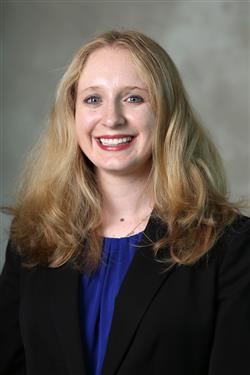Perhaps one of the most unique aspects in the culture of medical school is the integrative class of students that survive together through the obstacles in this metamorphosis. Individually and as a collective whole, we trudge through the same curricular rigors, learning to balance life, work, and all that in between. Many of us form significant bonds with our fellow classmates, whether through celebration or suffering. Through our mutual bonding, what quickly becomes apparent to us is the diverse background and hidden talents that make each big family unique and multifaceted. Beyond our scientific acumen, some of us juggle side-hobbies as musicians, some as chefs, some as craftspersons, others as comedians — and the torrent of talent runs abundant.








